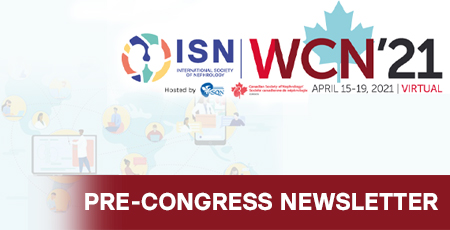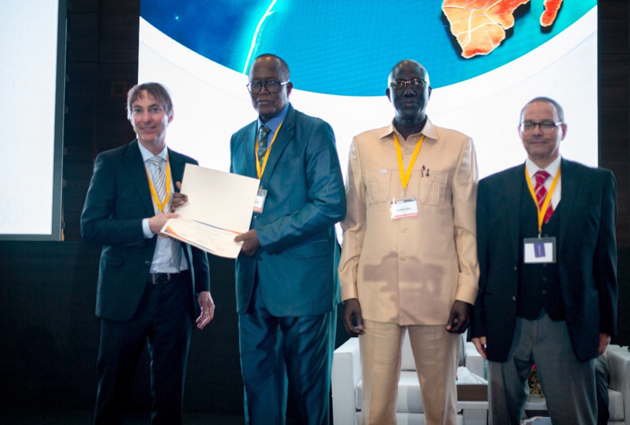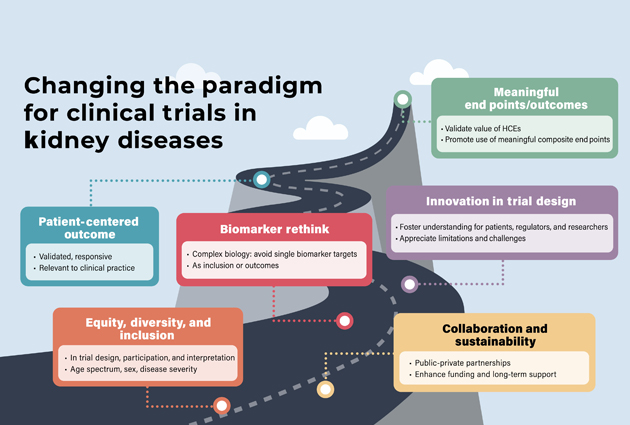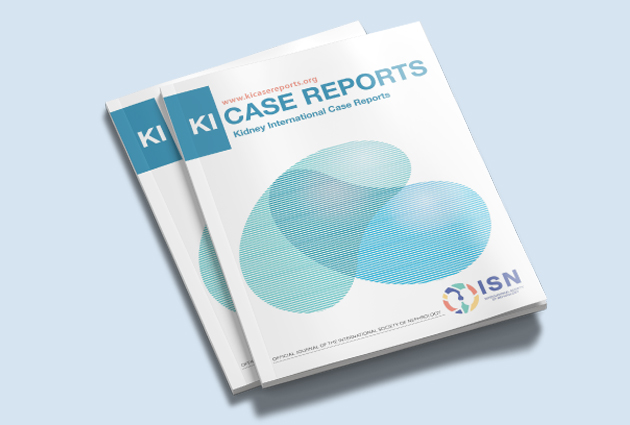Keeping hemodialysis patients safe from COVID-19 wherever they are in the world

“Patients with end-stage kidney disease who are receiving hemodialysis are a vulnerable population for whom the consequences of the COVID-19 pandemic are particularly grave,” says Dr. Rita Suri from Montreal General Hospital and McGill University, Canada.
Regular trips to the clinic for hemodialysis treatment mean that patients cannot self-isolate completely. They may be exposed to the risk of infection while traveling on public transport or waiting for treatment. If they are infected, hemodialysis patients face higher risks of severe illness and death.
Dr. Suri adds: “Because these patients can have impaired immunity, we don’t yet know whether they are able to mount an adequate immune response and develop protection after vaccination to COVID-19.”
Dr. Suri is a country investigator for Canada on the Dialysis Outcomes and Practice Patterns Study (DOPPS), and she will be speaking at WCN’21 as part of a special DOPPS session.
Running since 1996, with Dr. Ronald Pisoni and now Dr. Bruce Robinson as the principal investigators, DOPPS is a multinational, collaborative, observational cohort study of the practice and outcomes of hemodialysis in patients around the world.
Dr. Suri says: “Since the pandemic began, we have been collecting important data related to the impact of COVID-19 on patients with end-stage kidney disease around the world.”
While other studies are being conducted as part of DOPPS in peritoneal dialysis and chronic kidney disease, Dr. Suri will present study findings on hemodialysis patients. This includes a global survey of infection control practices, an investigation of the impact of COVID-19 on hemodialysis units in various countries, and data on the incidence and mortality of COVID-19 in hemodialysis patients.
“I think our findings will shed light on the tireless work of dialysis unit staff to keep patients safe. COVID-19 poses a clear threat to the health and quality of life of our dialysis patients. However, I hope attendees will see how the implementation of strict testing and isolation protocols can greatly reduce the risk of infection spreading within the dialysis unit.”
She concludes: “More broadly, I believe the lesson that can be learned through this ordeal is that sharing information rapidly around the world is the key to improving care practices immediately and effectively in response to new threats in dialysis units. These lines of communication and collaboration should continue beyond the pandemic to optimize dialysis care globally.”
Dr. Rita Suri “COVID-19: Impact on dialysis practice worldwide (through partnership with ISN)”, Special Session: One size does not fit all: Increasing access and optimizing care to CKD and ESKD patients across the world. DOPPS special session
Saturday 17 April, 12:30-14:00 hrs Montréal (Canada) time:









